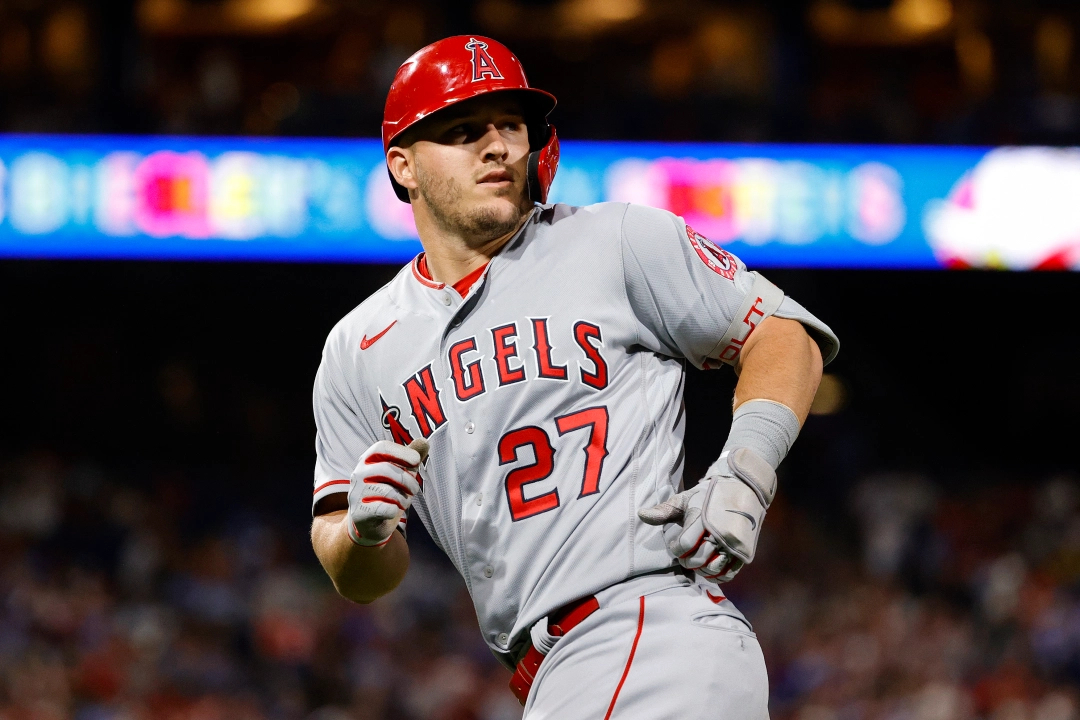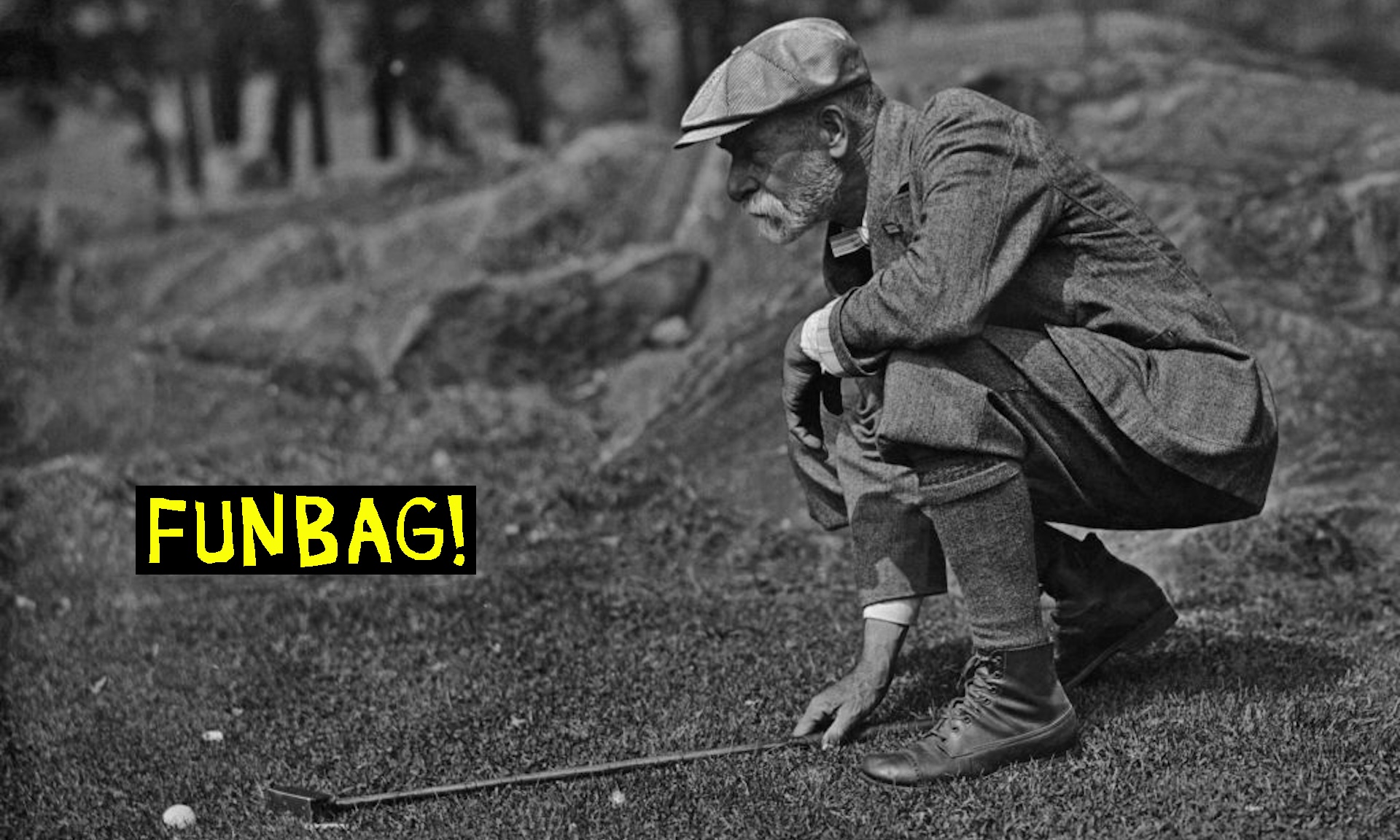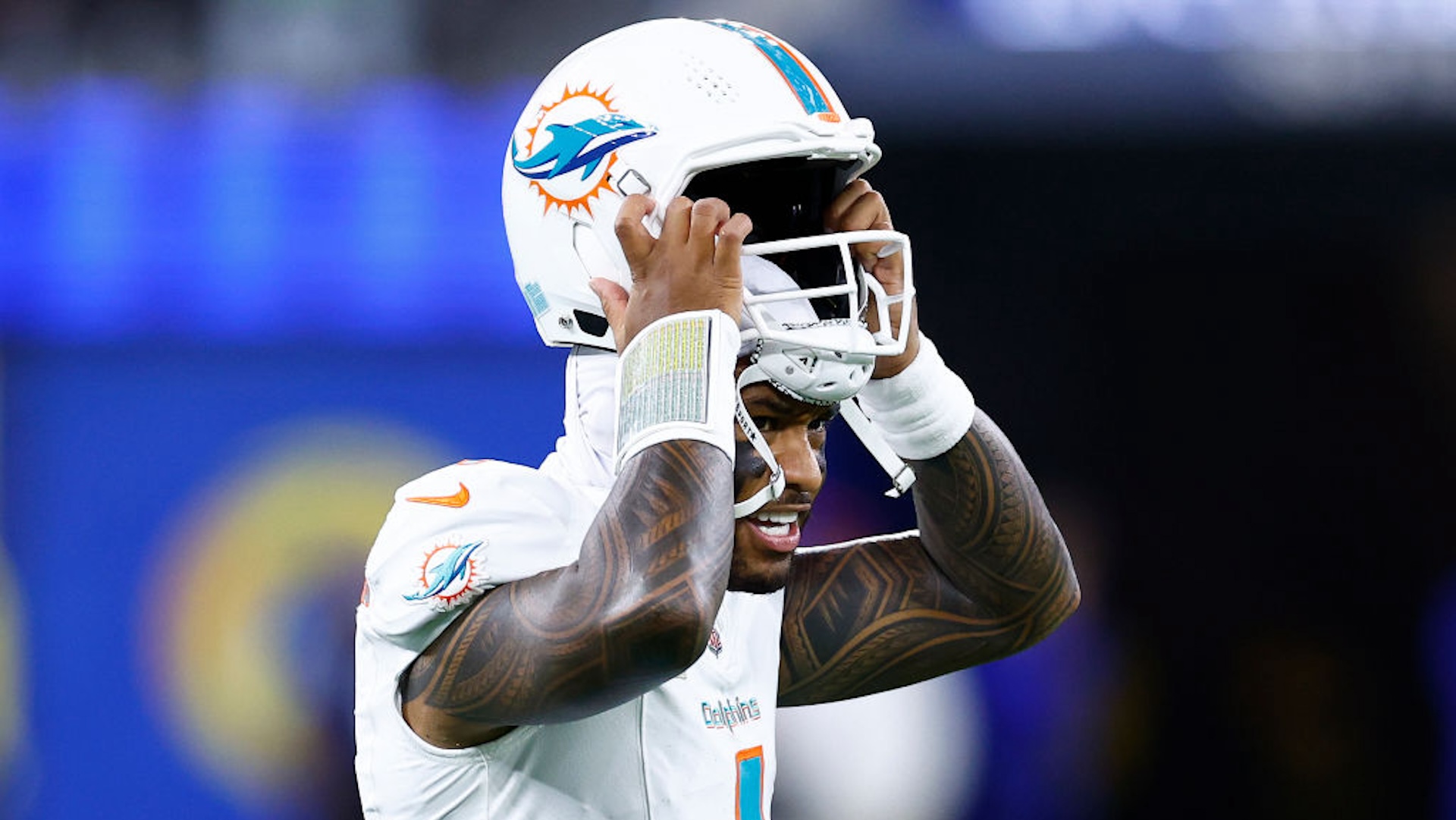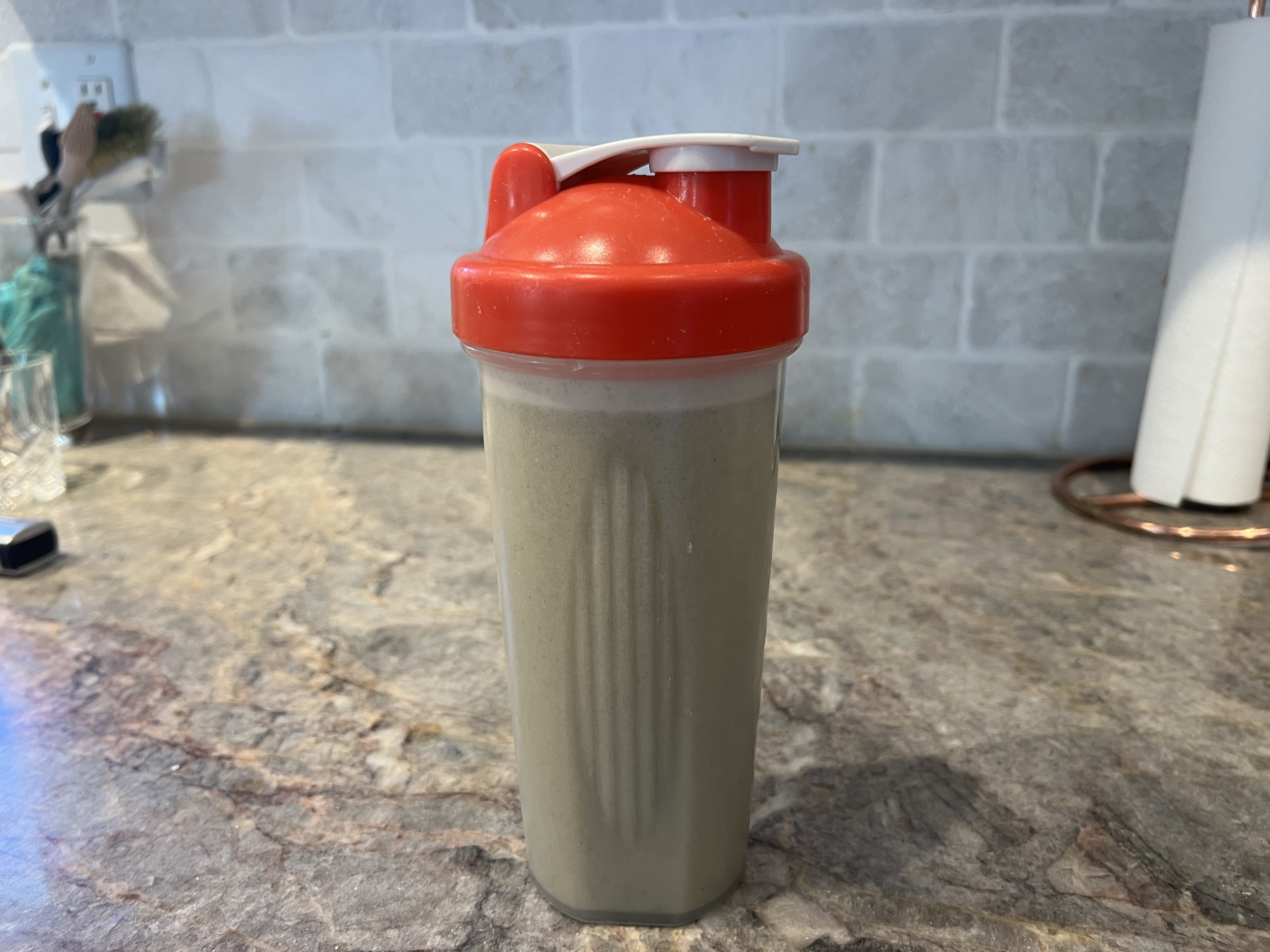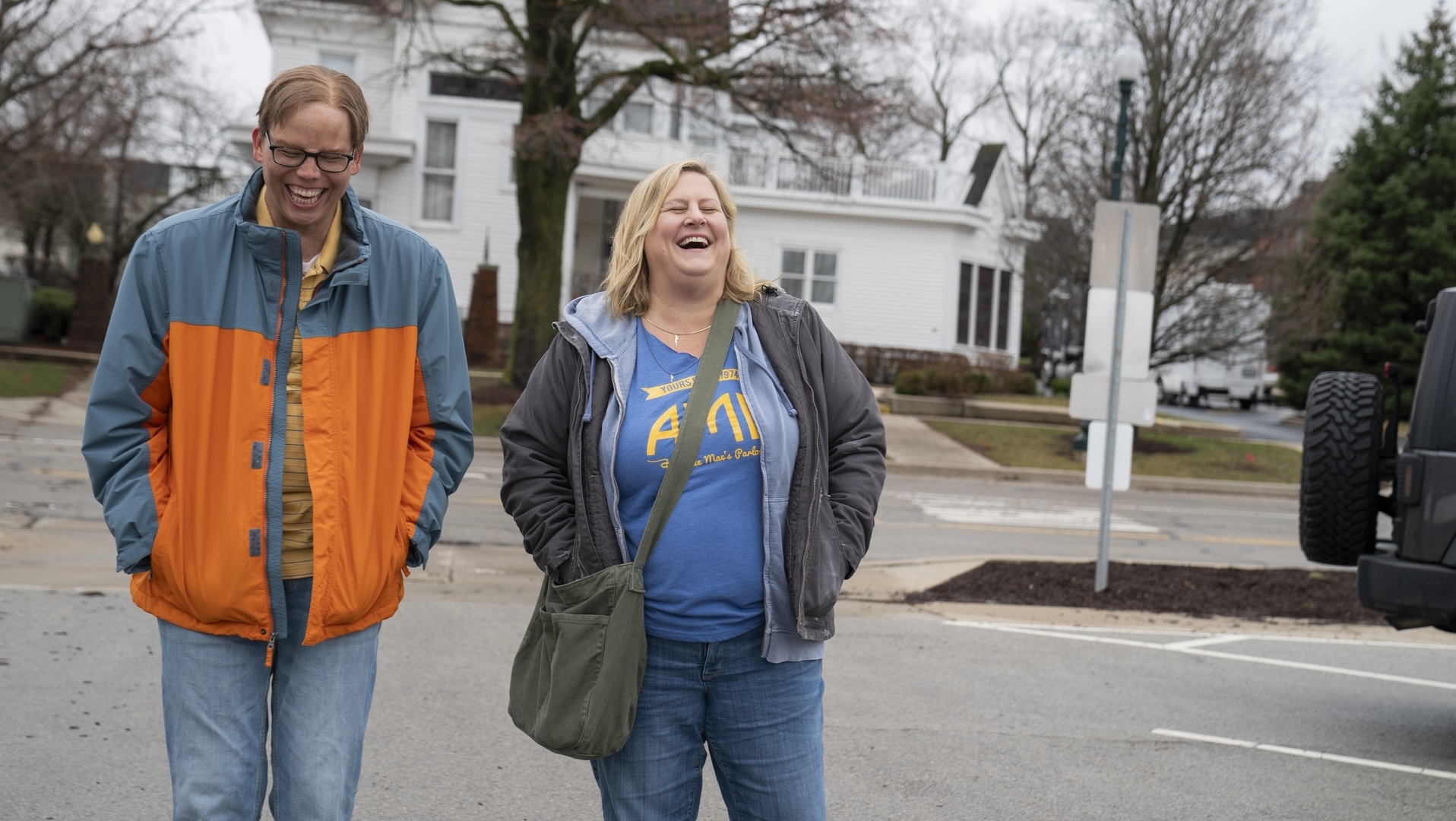I think we all knew, at least intellectually, how disappointing it was that Mike Trout's transcendent 20s were wasted on an Angels franchise that hasn't managed to win even one playoff game with one of the most talented baseball players of all-time. But there was still always hope that they'd figure things out. However, Wednesday's news that Trout suffers from a rare back condition, even if he's able to manage it, adds an intensified urgency to that hope. Trout could very well still have great seasons waiting in his future, but as he turns 31 next month, a decade-plus of Angels baseball that has been a slow-motion disaster starts to take on the feel of tragedy.
After winning his third AL MVP in 2019, Trout's had a rough go of things. First, of course, came the pandemic-shortened 2020, in which he looked amazing but nevertheless had all his counting stats held down by the mere 53 games he was able to play. The next year saw him take the field even less, as a freak injury to his calf took him out of a game on May 17 and never allowed him to return. This season felt like a reset button for a while, as Trout played through mid-July looking, if not head and shoulders above the rest of the league, easily good enough to justify another All-Star Game start, with his 24 home runs and .967 OPS.
But trouble struck again two weeks ago, when Trout had to exit a game after two plate appearances because of what was then called upper back spasms. He then went on the IL with what was referred to as left rib cage inflammation. And finally, as his absence got extended even further, Angels trainer Mike Forstad revealed this week that Trout was dealing with a condition called costovertebral dysfunction in his T5 vertebra, essentially meaning one of his ribs is misaligned.
"This is a pretty rare condition that he has right now in his back," Frostad said before the Angels' game on Wednesday. "The doctor, who is one of the most well-known spine surgeons in the country—if not the world—doesn't see a lot of these. And for it to happen in a baseball player—we just have to take into consideration what he puts himself through with hitting, swinging on a daily basis just to get prepared, and then also playing in the outfield, diving for balls, jumping into the wall—things like that. There's so many things that can aggravate it. But this doctor hasn't seen a lot of it."
That sounds scary! I won't claim to be an expert on the costovertebral joints, but it seems pretty clear that any kind of misalignment in that area could really mess up a baseball player when he needs to do things like "swing a bat." So reading the news as "Mike Trout's ability to hit has been disrupted by a rare issue around his spine," when "rare" in a medical context is so often taken as a synonym for "very bad," this is cause for a lot of alarm about Trout's future in MLB. People understandably freaked! But Trout, after the Angels' win, did his best to throw some water on the fire.
"I got back and my phone was blowing up: 'My career is over,'" Trout said. "It's just rare for a baseball player. I just have to stay on top of it."
That's a bit of optimism for those who still want to see Trout take important at-bats in his career, but there is still a troubling disconnect between the player's confident outlook and the trainer's more cautious one. Asked if Trout would be sidelined long-term, Forstad answered, “I think we have to have some concern on that. We do have to look at this as something that—he has to manage it, not just through the rest of this season, but also through the rest of his career probably.” When questioned if Trout was out for the year, Forstad replied “We hope not. I don’t think we’re at that point where we’re going to make that decision.”
Trout, on the other hand, answered "No" again and again when asked if he had long-term concerns and said that "of course" he would play again this year.
“I can’t pinpoint exactly what happened," he said. "It just started aching, and it got to a point where it was bothering my swing. But like I said, the last two or three days, the progress has been great.”
So, rare in this case may not necessarily equal very bad, but it does seem to mean that no one's quite sure how quickly and easily a baseball player with this condition can return to full strength, or how it might affect him going forward. At the very least this news completely shifts the context of Trout's career, marking a clear before and after point in the early part of his second decade in MLB. Before, Trout was almost a stock mythological archetype—a demigod blessed with preternatural ability but cursed to never be able to use it for its intended purpose. Now, maybe, he feels a little more human, fighting against both time and his own body as he strives for a legacy that goes beyond individual accomplishment, and which may be fully out of his control as long as he's in Anaheim. Every baseball fan deserves to see Mike Trout perform for a contender. The Angels are on the clock.
